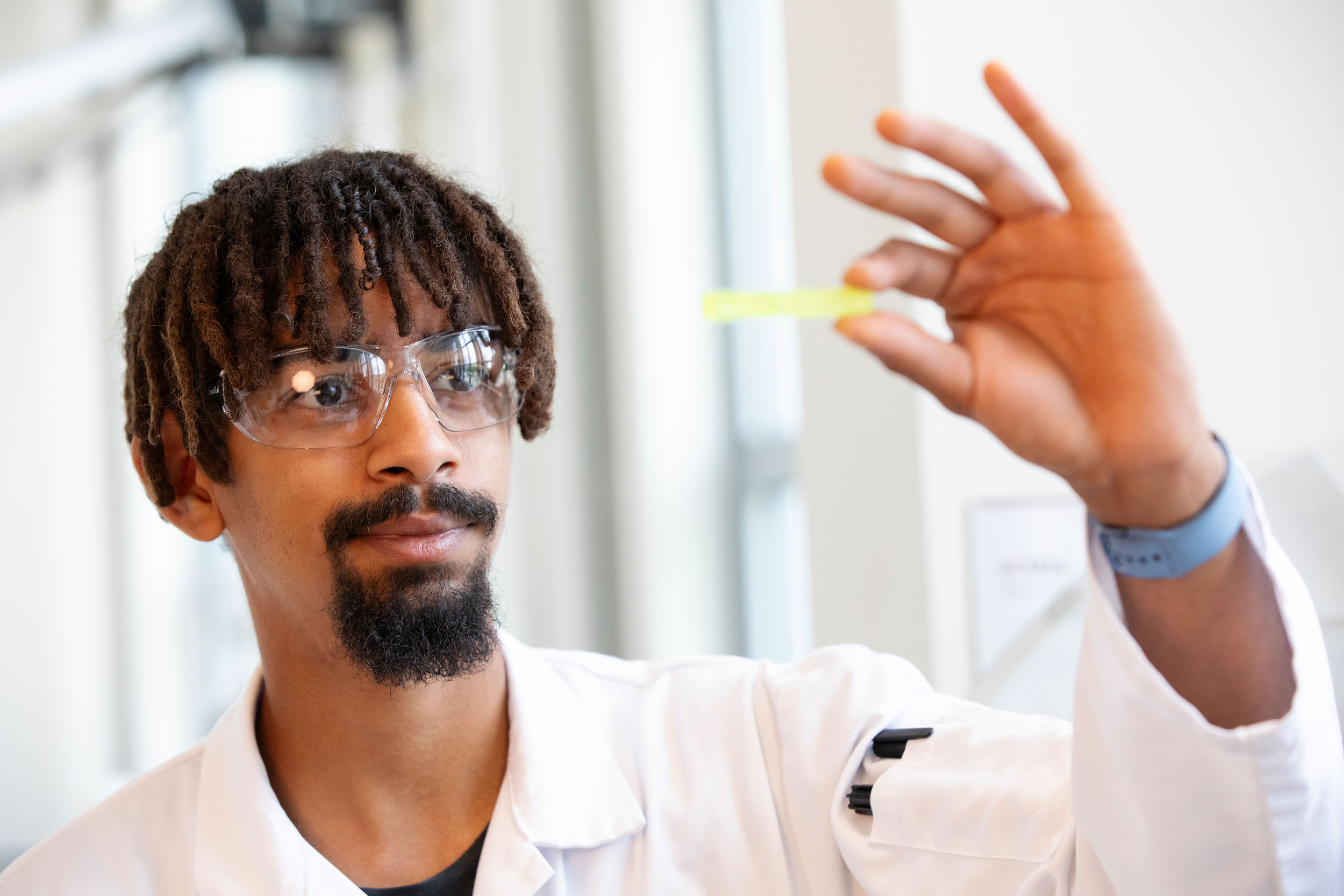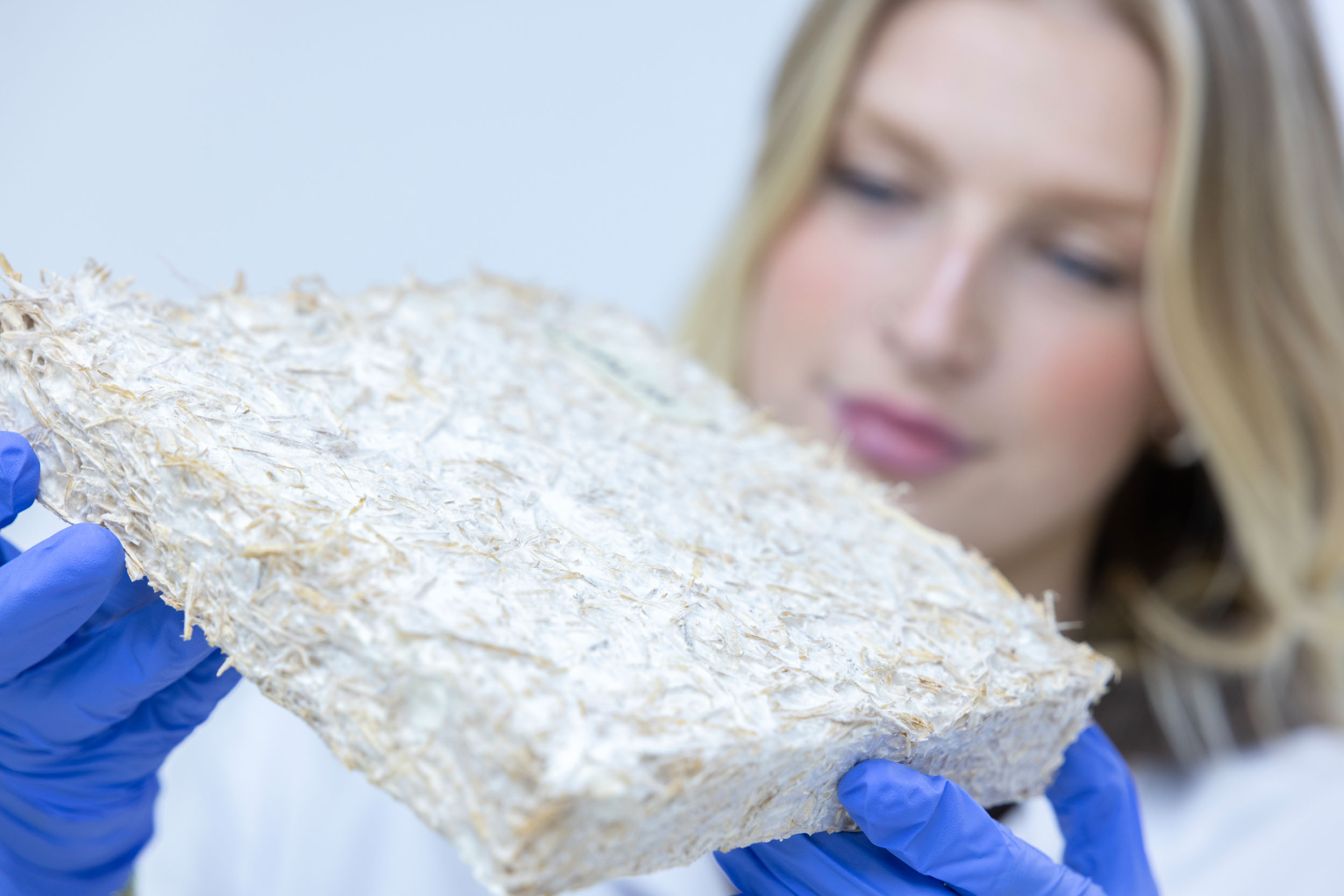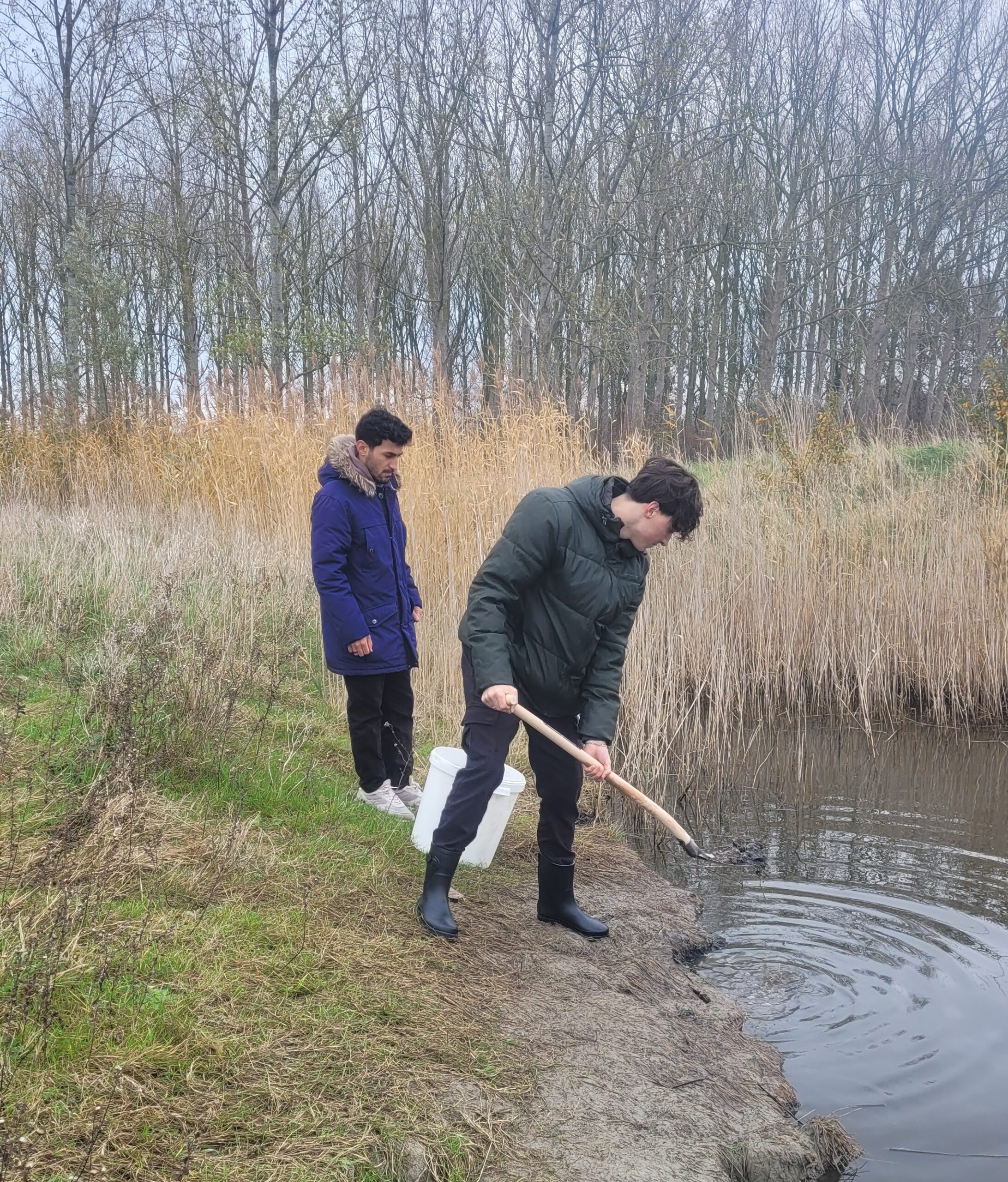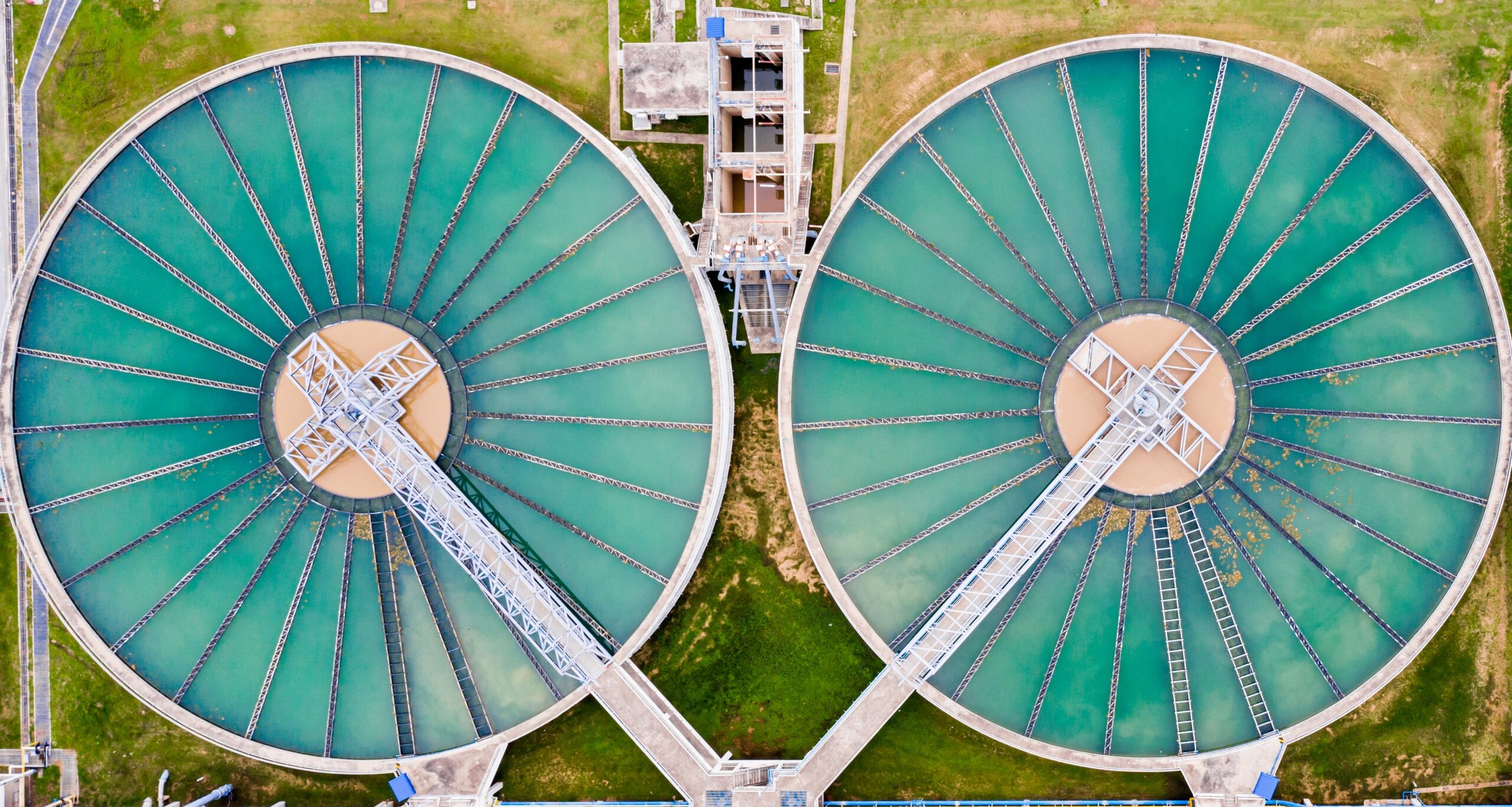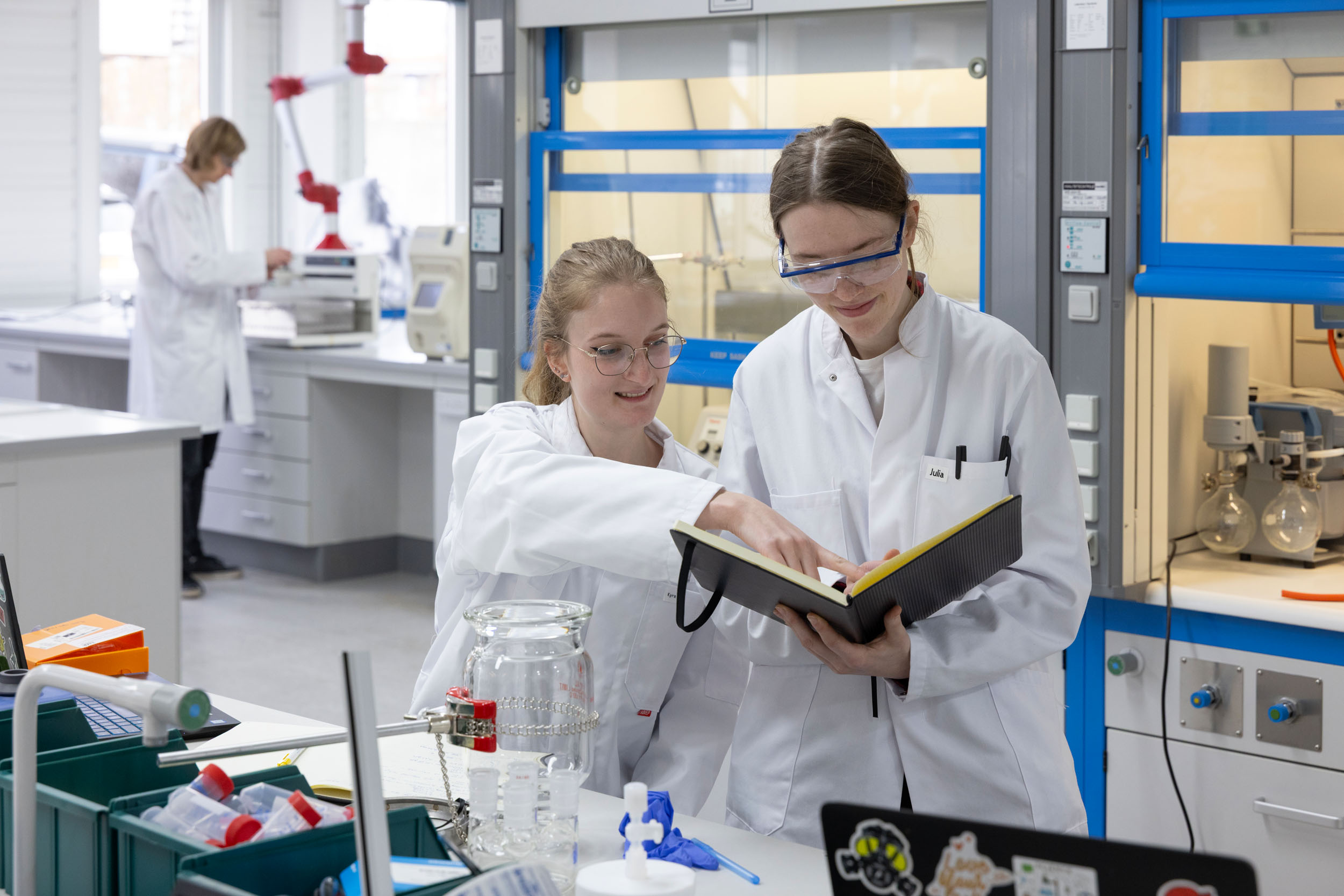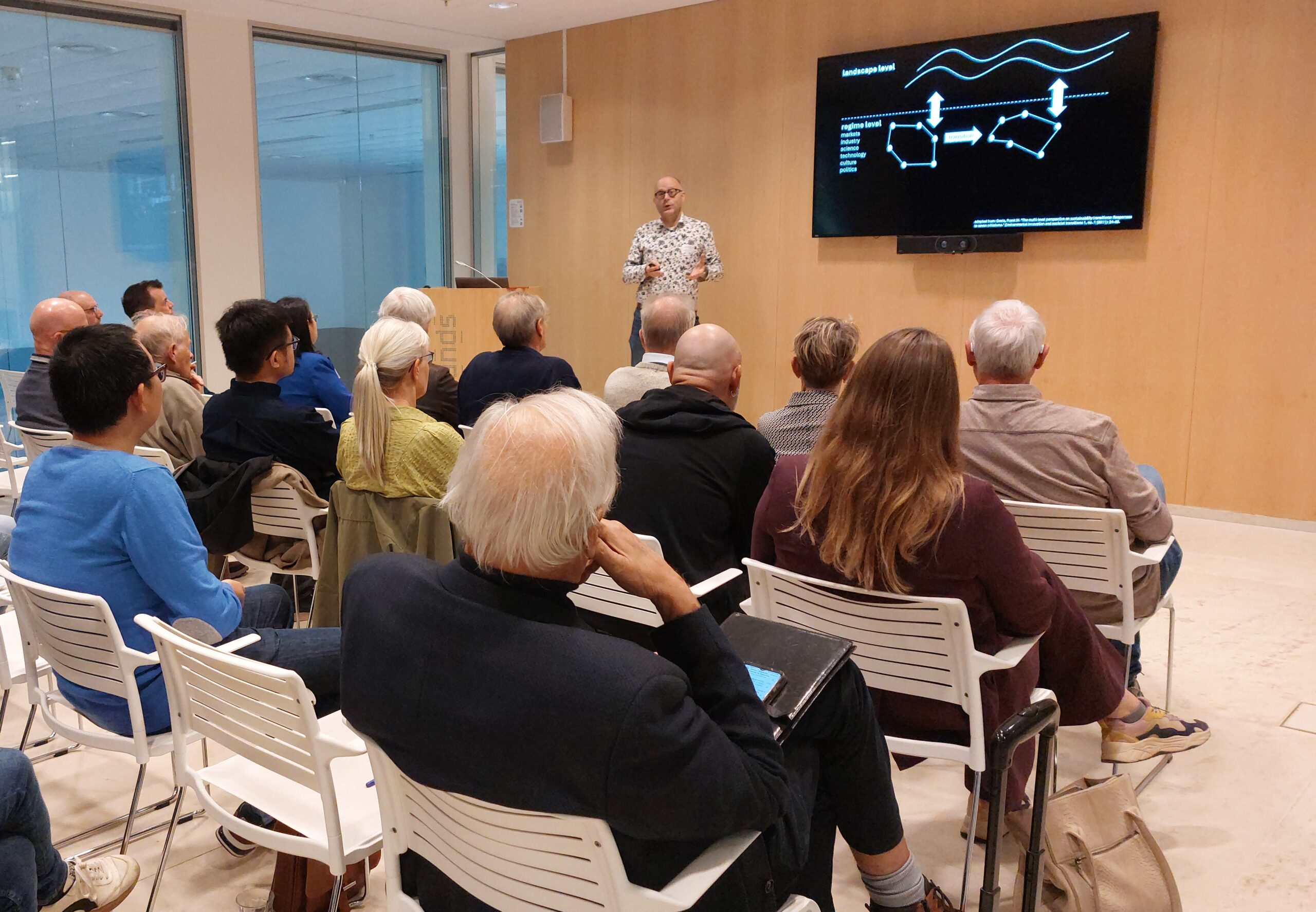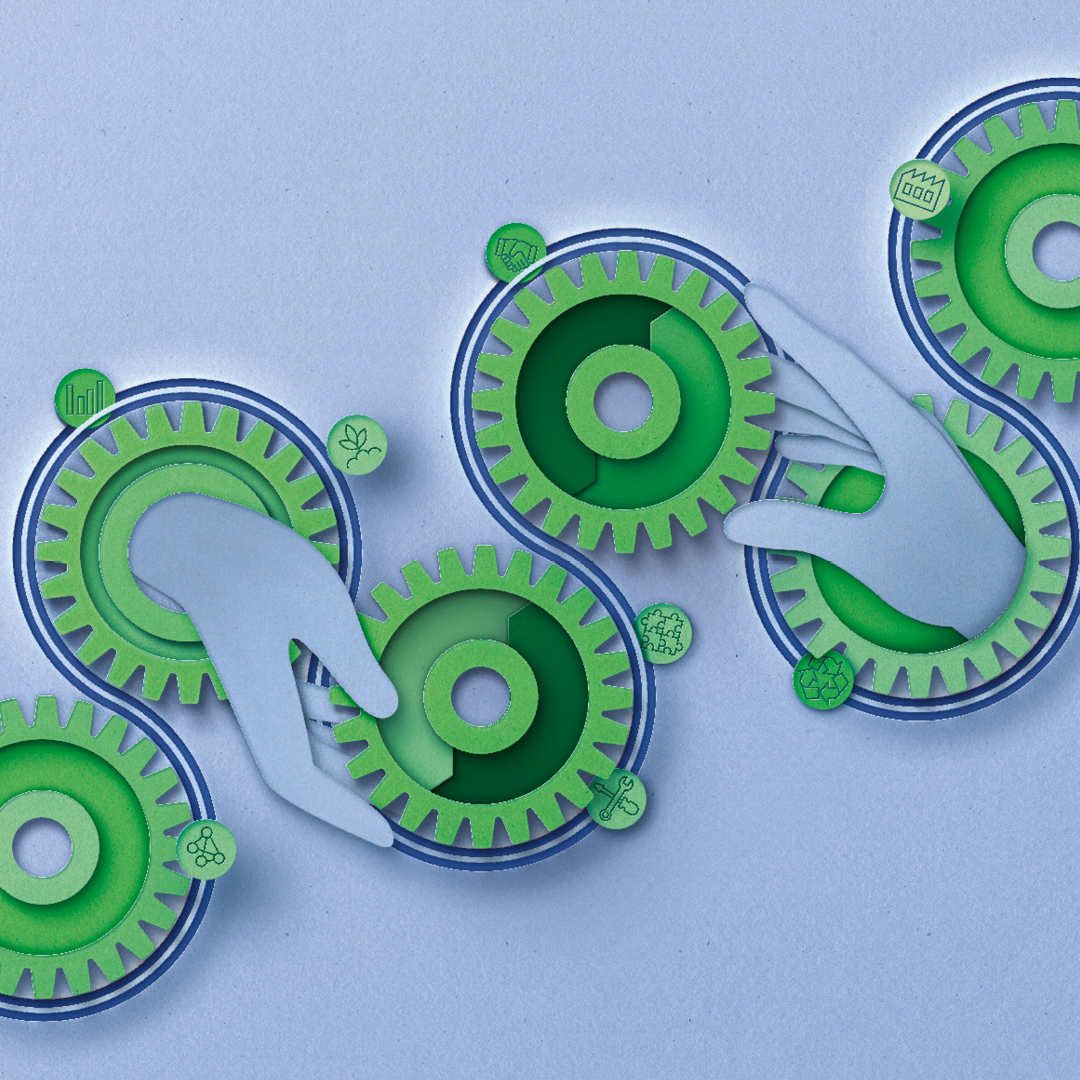News
5 February 2026
Cashew shells help drive sustainability
Residual streams from the food industry offer opportunities for the development of biobased materials. In a recent article in Verf & Inkt Magazine, the RAAK-PRO project Totally Nuts is highlighted, featuring researcher Moctar Coulibaly, in which it is investigated how cashew shells can be used for sustainable coatings and rigid plastics.4 February 2026
MycoClay: Innovative Research in JRCZ and JRCB
The MycoClay project of MNEXT-Avans University of Applied Sciences in collaboration with partner ABT Consulting, investigates how clay and mycelium can be combined to develop sustainable, circular building materials. Under the guidance of Neha John, researcher in biobased materials at MNEXT, the research takes place in two specialized laboratories: Joint Research Centre Zeeland (JRCZ) in Zeeland and Joint Research Center Breda (JRCB) in Breda within the Biobased Construction research group. Both labs play a crucial role in analyzing raw materials and waste residues, testing processing techniques, and developing materials for the built environment.8 January 2026
Lessons from the Past for a Future of Natural and Sustainable Construction
Based on lectures by Neha John (MNEXT), this article explores how forgotten techniques, materials, and insights from our ancestors can inspire sustainable and circular building today. It shows how craftsmanship, local knowledge, and modern technology can be combined to link past wisdom with today’s innovation.16 December 2025
With their Hands in the Clay, Students Discover MycoClay
Students from MNEXT/Avans and HZ University of Applied Sciences make sustainability tangible in the MycoClay project. Under the guidance of Neha John and Marianna Ansiliero de Oliveira Coelho, they participate in the project, in which clay and mycelium are studied as an alternative biobased binder for cement. They shovel clay from a local field, learn how natural waste streams can be transformed into circular construction materials, and experience the entire process from source to application. Sustainable building proves to require not only technology but also attention and active engagement. This became clear in our conversation with Neha John.15 December 2025
MNEXT and Waterschap Aa & Maas work together on a smarter energy system for the future
Within the GroenvermogenNL project HyUSE, MNEXT has started a new collaboration with Waterschap Aa & Maas. The water authority provides historical energy and process data, enabling MNEXT to develop an energy model for a future water treatment facility. This model explores how energy consumption, local energy generation and energy purchasing at the right moments can be optimally aligned.4 December 2025
New opportunities for converting CO₂ into sustainable fuels
Nieuwe manieren om CO₂ in te zetten als grondstof komen dichterbij. Met de start van Waste CO₂-to-Fuel onderzoeken MNEXT en partners hoe CO₂ uit afvalverbrandingsinstallaties kan worden omgezet in duurzame brandstoffen zoals methanol. De samenwerking, ondersteund via de regeling PPS Innovatie 2025 – TKI Energie en Industrie, biedt nieuwe perspectieven voor een industrie waarin CO₂ niet langer een reststroom is, maar een waardevolle bouwsteen voor circulaire energie.2 December 2025
The beating heart of green chemistry in North Brabant
The Joint Research Centre Breda (JRCB) has been the place where the FermiChem project is taking shape for several months now. Here, education, research and industry work closely together to accelerate biobased innovations in North Brabant. Students from vocational to university level contribute, researchers conduct applied research, and companies benefit from new insights. This makes the JRCB the beating heart of this innovative collaborative initiative.20 November 2025
𝐋𝐞𝐜𝐭𝐨𝐫𝐞𝐧𝐩𝐥𝐚𝐭𝐟𝐨𝐫𝐦 𝐁𝐢𝐨𝐛𝐚𝐬𝐞𝐝 𝐄𝐜𝐨𝐧𝐨𝐦𝐲 𝐫𝐞𝐚𝐝𝐲 𝐭𝐨 𝐬𝐡𝐚𝐩𝐞 𝐭𝐡𝐞 𝐟𝐮𝐭𝐮𝐫𝐞 𝐨𝐟 𝐭𝐡𝐞 𝐛𝐢𝐨𝐛𝐚𝐬𝐞𝐝 𝐞𝐜𝐨𝐧𝐨𝐦𝐲
𝐋𝐞𝐜𝐭𝐨𝐫𝐞𝐧𝐩𝐥𝐚𝐭𝐟𝐨𝐫𝐦 𝐁𝐢𝐨𝐛𝐚𝐬𝐞𝐝 𝐄𝐜𝐨𝐧𝐨𝐦𝐲 𝐫𝐞𝐚𝐝𝐲 𝐭𝐨 𝐬𝐡𝐚𝐩𝐞 𝐭𝐡𝐞 𝐟𝐮𝐭𝐮𝐫𝐞 𝐨𝐟 𝐭𝐡𝐞 𝐛𝐢𝐨𝐛𝐚𝐬𝐞𝐝 𝐞𝐜𝐨𝐧𝐨𝐦𝐲The yearly conference turned out to be a very inspiring day with a nice mixture of discussion, exchange of knowledge and food for thought about the future of biobased economy.18 November 2025




